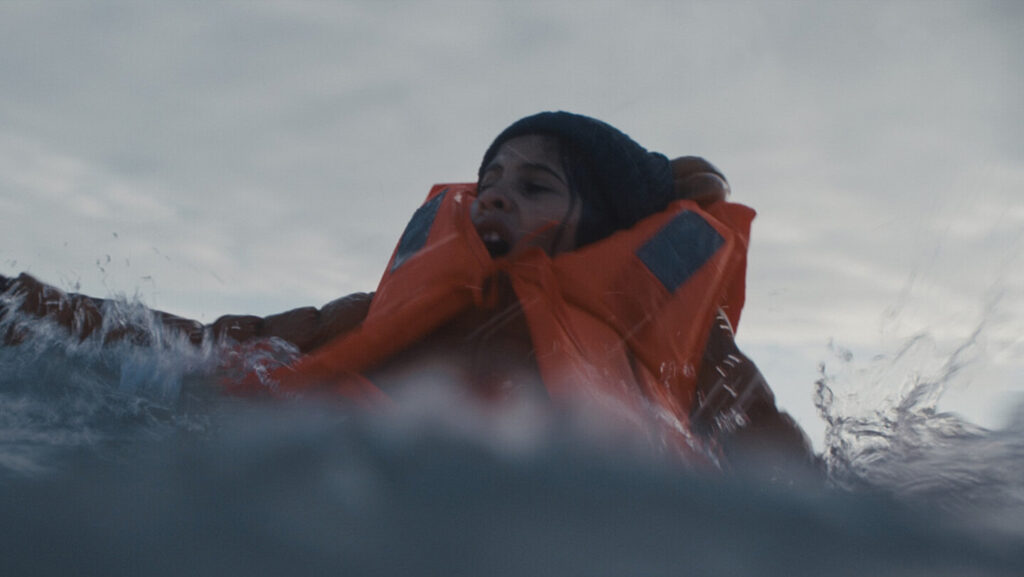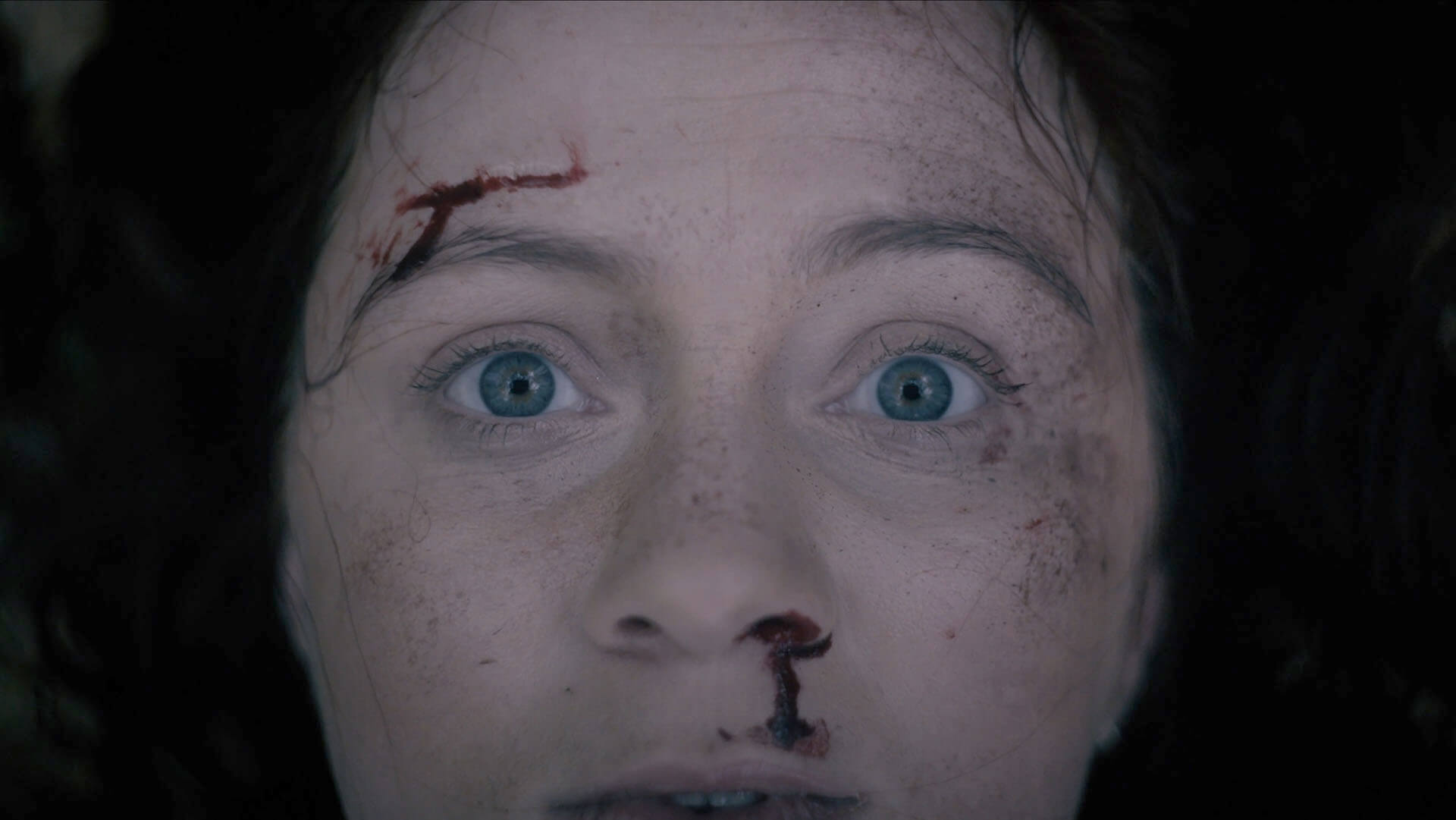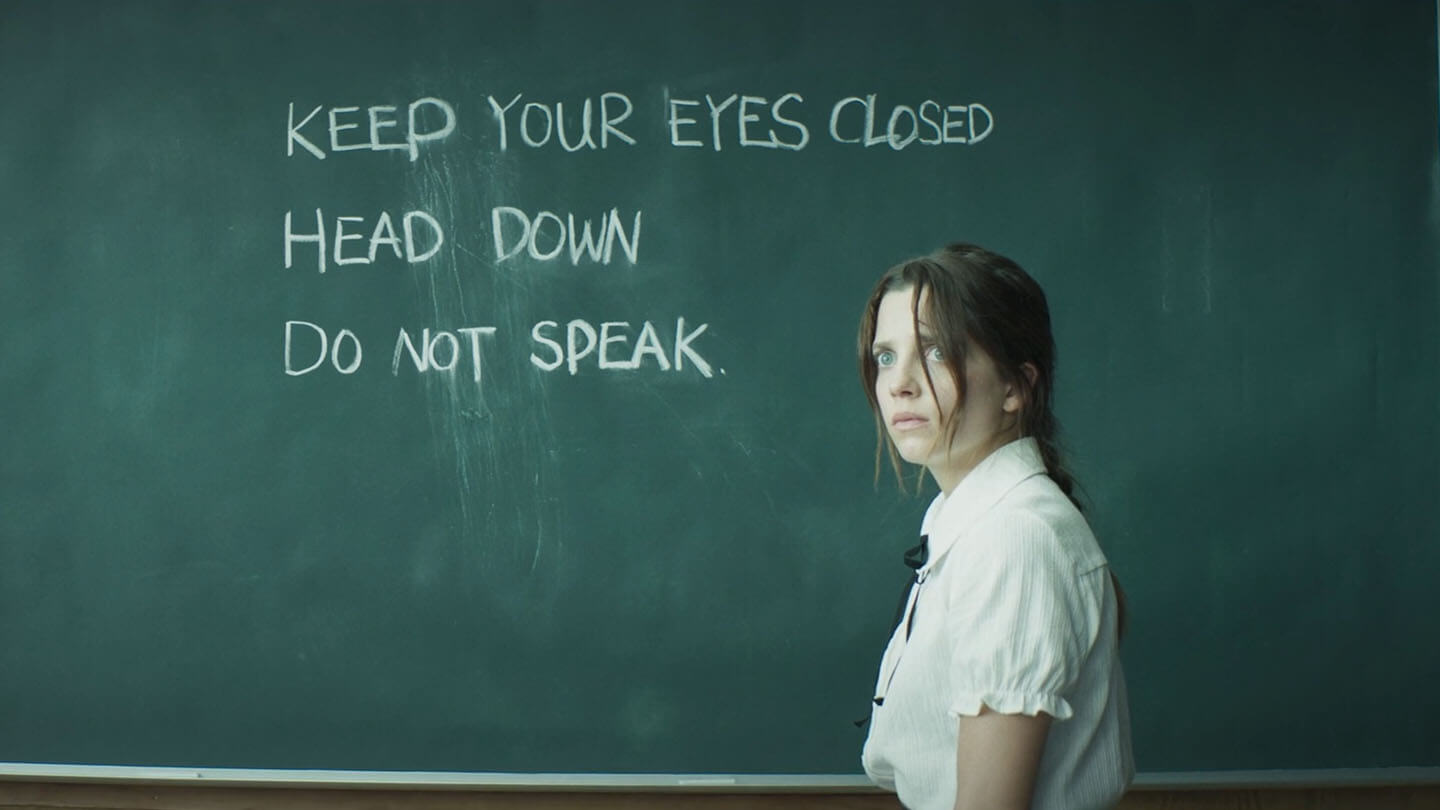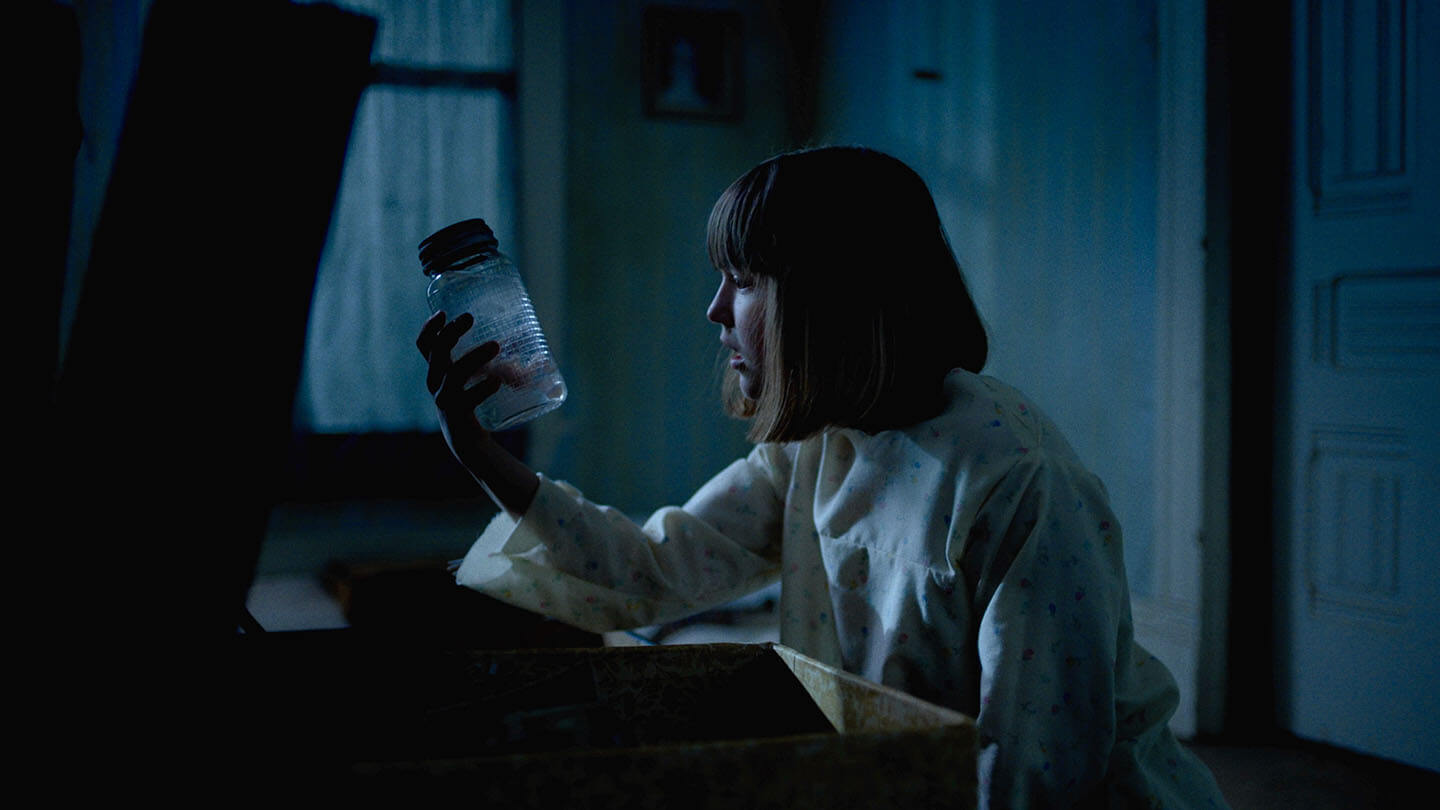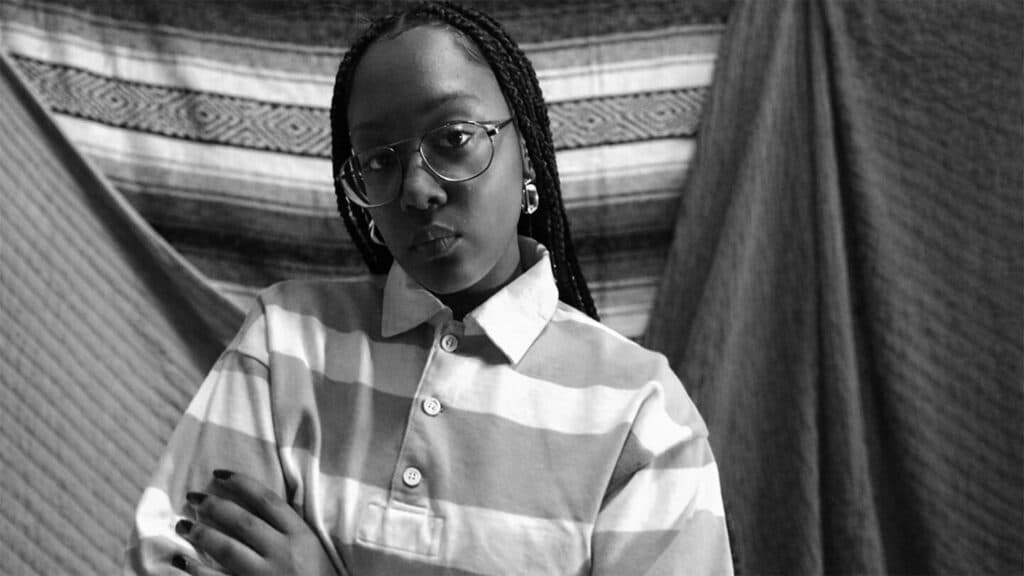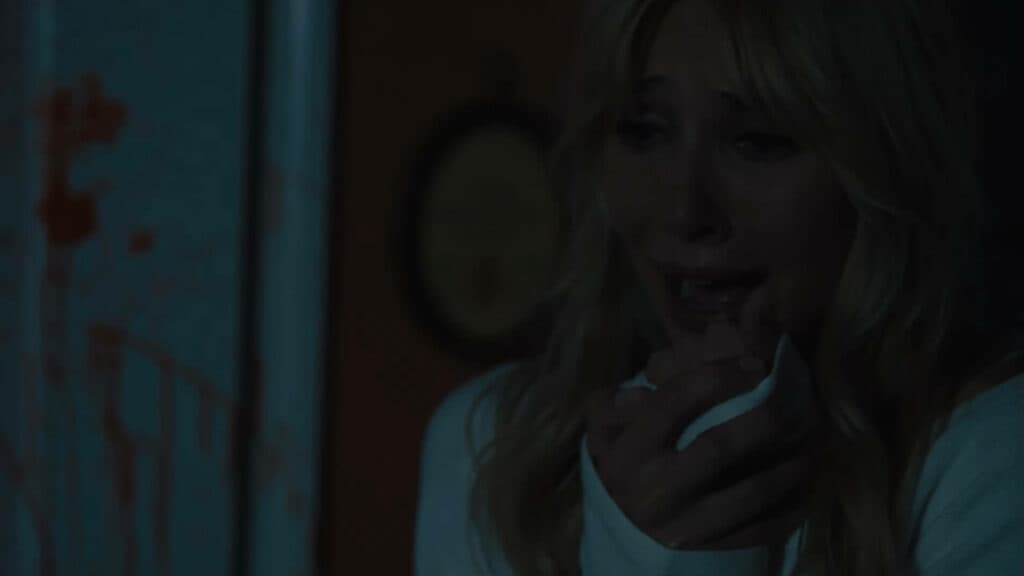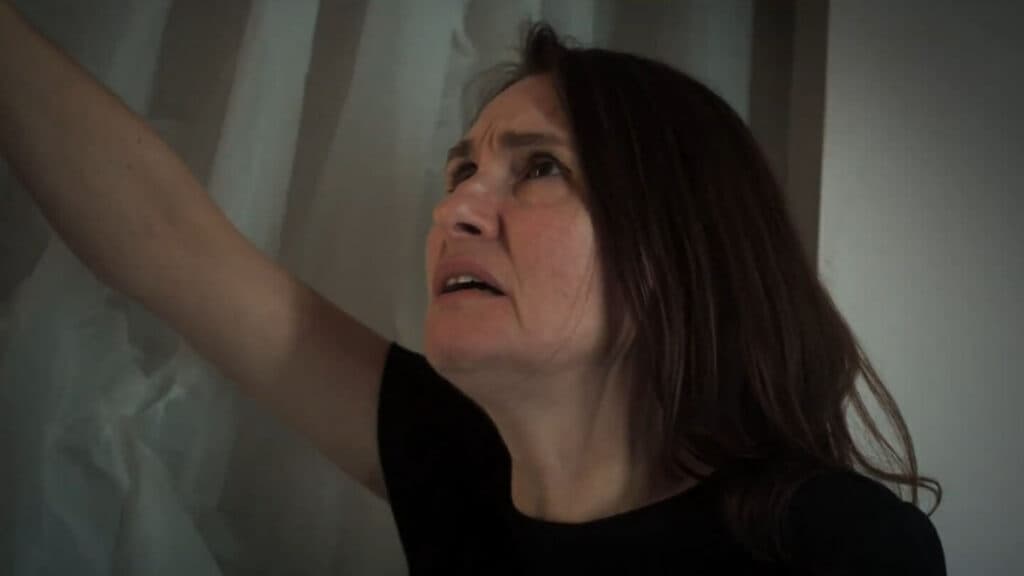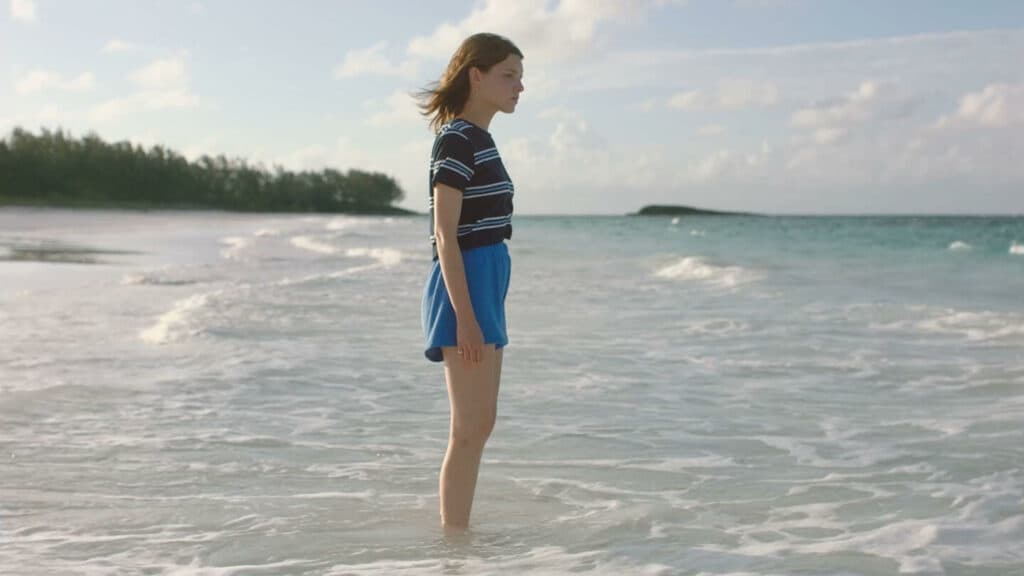Article too long to read?
Max Burgoyne-Moore and Salvatore Scarpa’s 19-minute drama Largo uses the child’s gaze to show the flipside of the refugee coin: the despairing longing for home. Starring child actor Zack Elsokari as the protagonist Musa, the film uses the ungovernability of children as a way to excise reactionary, polarising politics and glimpse messy humanity underneath.
Death haunts the narrative from the opening. Boats, unable to bear the weight of outsized suffering consigned to it, capsize on choppy seas all the time. Musa, equipped with a radio, listens to the commotion when a fresh boat is spotted on the horizon. He is looking for the parents he was separated from when he first arrived on the shores of a small UK town.
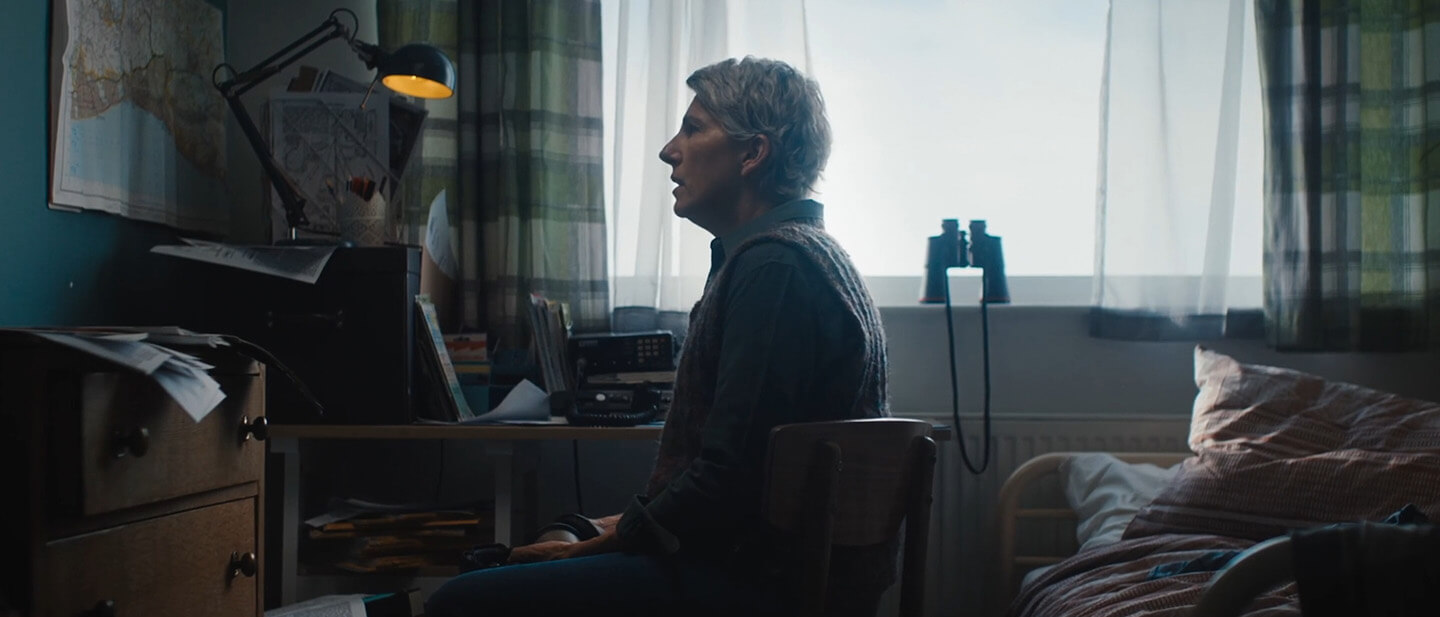
Musa is insightfully written. Headstrong as children are wont to be, his impulses are nonetheless mitigated by the walls one imagines he must have crashed against being in a strange, inhospitable land without parents. And yet traumatised he is (mostly) not: cared for by a white woman (Tamsin Greig as Grace), he has the security of a loving home (even if that gets more precarious by the day as other natives grow increasingly hostile, borderline bloodthirsty). The result of which is that Musa’s intention of being reunited with his parents is a matter of childlike planning and imaginative improvisation rather than debilitating grief. It allows him to react to bullying from the native children with the resilience and temper of a child who knows he is—or at least should be—on equal footing with his opposers.
Greig’s character as Musa’s foster mother is the understated and crucial anchor to his reach towards self-actualisation. Her foil, Angus (Kevin McNally) is an equally important character: first as an illustration of anti-immigrant sentiment, and then when push comes to shove in the climax, just a person.
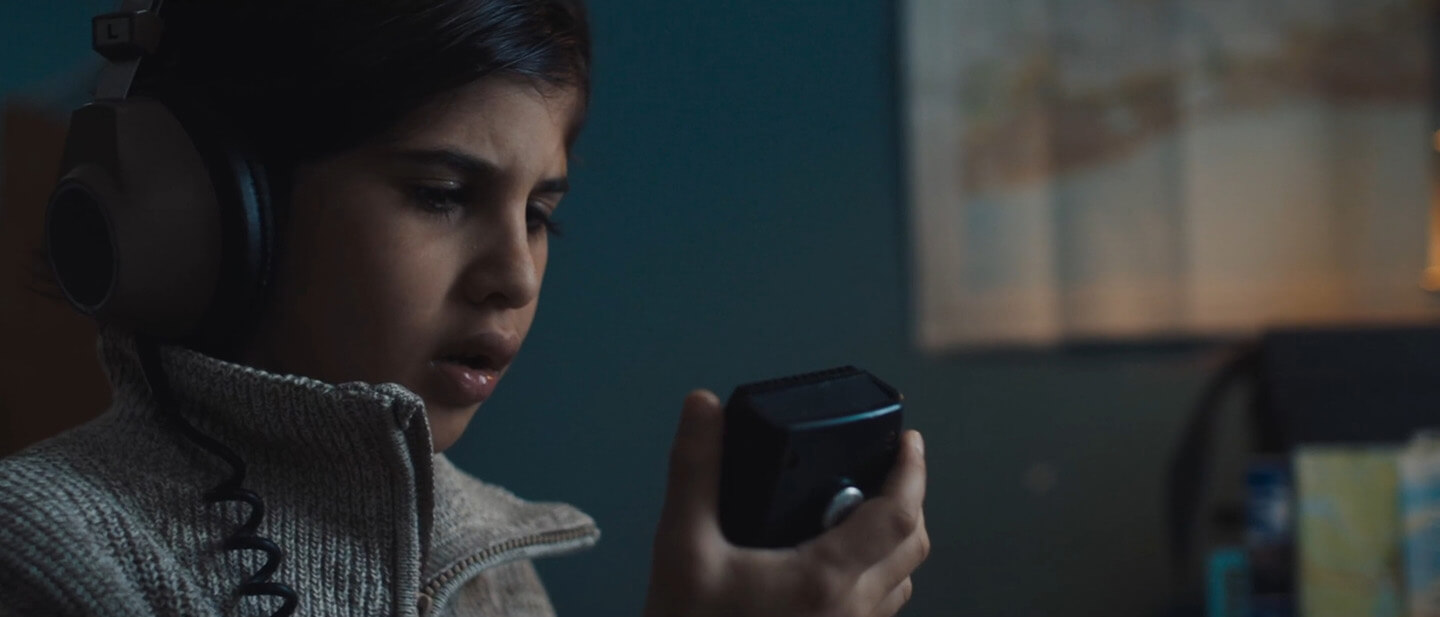
The climax and denouement of things falling into place and falling apart are by far Largo’s best sequences. Whereas the whole is beautifully shot, these last few minutes are the most skillfully written, so that the distant image of Musa and Grace spending time together in the sun is what remains with the viewer in place of the grief caused by Baba (Waleed Elgadi) and Mama’s (Houda Echouafni) eventual appearance.
Largo accomplishes the unlikely: by turning around perspectives, home rather than the refuge is returned to its original, primary position. Musa’s yearning for home and determination to get there rivals and surpasses any antagonist’s hatred of his presence in theirs. Who, after all, leaves home unless it will not let them stay, and what, after all, does a child understand of exile except that it must be undone?
Watch Largo Short Film Trailer
About the Author
Related Posts
No comments yet.
Got Something to add to this article?
Your email address will not be published. Required fields are marked *

